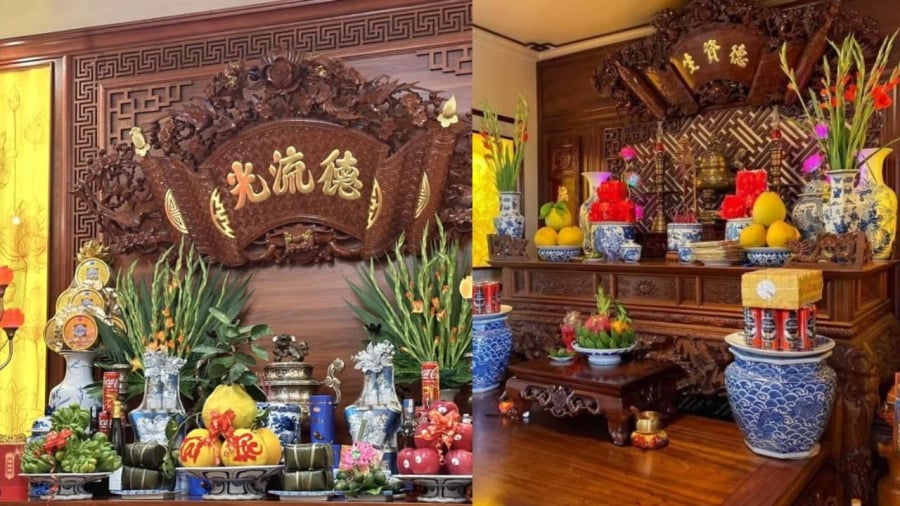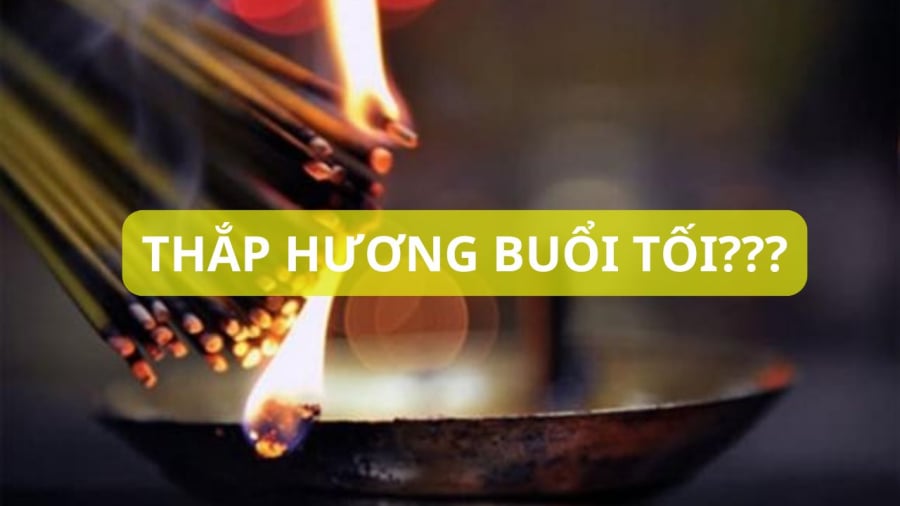The Significance of Burning Incense in Rituals
In spiritual ceremonies, burning incense plays a pivotal role. The act of lighting incense marks the beginning of the ritual. It is believed that until the incense is lit, the ceremony has not officially commenced. Lighting the incense serves as a bridge to the spiritual realm, allowing individuals to connect with deities, ancestors, and their inner spirituality, momentarily setting aside worldly concerns.

The Essential Role of Incense in Ancestral Worship
By lighting incense, the host of the ceremony signals the commencement of the ritual, inviting everyone to join in reverence and solemnity. Burning incense is a way to honor and remember our ancestors. As the incense burns, it serves as an invitation to the spirits of our forefathers and deities, facilitating the connection between the living and the spiritual realm, carrying the prayers of the host to the ancestors and gods.
Holding a burning incense stick in one’s hand helps to focus solely on the spiritual realm, setting aside all other thoughts. This is why important occasions such as Tet holidays, death anniversaries, and full moon or new moon days are often marked by the lighting of incense.
Incense also serves to dispel negative energies and create a purified atmosphere with its pleasant fragrance. The smoke from the burning incense is believed to cleanse the air and create a sacred space within the prayer or worship room.
Understanding the Superstition Around Burning Incense at Night
While burning incense holds spiritual significance, the timing of when it is lit is also crucial. Superstition holds that lighting incense at night can attract bad luck. This belief stems from the idea that the spiritual connection established by burning incense must be properly aligned. At night, it is believed that yin energy prevails while yang energy wanes after sunset. This period is considered the time when lost souls and hungry ghosts are most active, and lighting incense during this time may attract these entities, leading to potential harm for both the living and the peace of the ancestors’ souls.

The Belief That Burning Incense at Night Invites Unwanted Spirits
Additionally, lighting incense at night can create a sense of gloom and unease, evoking feelings of fear and anxiety, which can be detrimental to the well-being of the living. Evenings are typically reserved for family gatherings and rest, and the smoke from incense may also interfere with a good night’s sleep.
Other Considerations When Burning Incense
It is advisable to prepare offerings and burn incense in the morning of the 1st and 15th days of the lunar month, avoiding lighting incense after noon when the sun is at its peak and yang energy is strongest, as this is not considered conducive for worship.
While incense is an essential spiritual item, it is important to ensure that the incense is free from harmful chemicals. When burning incense, keep the room well-ventilated to prevent a buildup of smoke, and refrain from lighting multiple incense sticks simultaneously to reduce the risk of fire hazards. It is customary to light an odd number of incense sticks, typically one or three, and it is generally advised to avoid lighting more than three at once.
When lighting incense, instead of blowing out the flame with your mouth, which may be considered disrespectful and unhygienic, use your hand to gently wave out the flame. Keep the incense sticks on the altar dry and intact, as damp incense is believed to bring bad luck, and broken incense sticks may indicate misfortune.
For home altars, it is recommended to only burn stick or cone incense and avoid using spiral incense coils, as these are reserved for temples and places of high spiritual practice. Using spiral incense coils on home altars is considered a major taboo, as the sharp metal coil can introduce sha chi (negative energy) and disturb the peace of the ancestors’ souls, leading to disharmony and illness within the family.
This information is based on spiritual beliefs and practices.
The Ultimate Guide to Buying Betel and Areca Nuts for Ancestor Worship: Uncover the Secret to Attracting Wealth and Prosperity
Chewing betel and areca nuts is an integral part of Vietnamese culture, often used as an offering during worship. However, not everyone knows the correct way to prepare and present these offerings. We are here to guide you through the process, ensuring your offerings are not only culturally significant but also perfectly prepared.





































